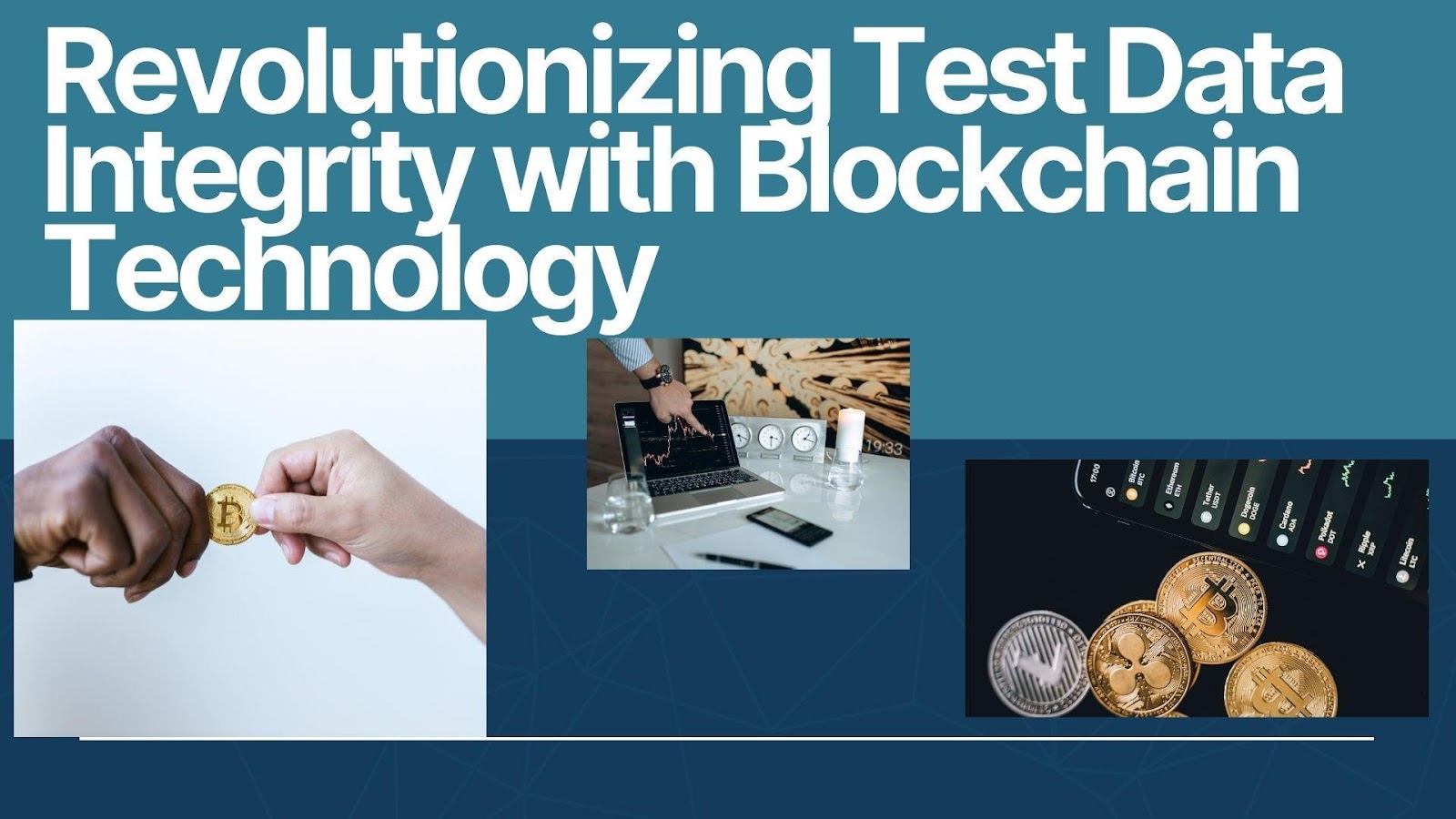In an era where data integrity is a crucial factor for regulatory compliance, Sridhar Dachepelly explores the transformative role of blockchain technology in safeguarding test data. With a background in computer science, Blockchain’s core features can address industry-wide challenges in data security and compliance.
The Growing Challenge of Test Data Integrity
Regulated industries such as healthcare, finance, and pharmaceuticals handle massive volumes of sensitive data daily. Traditional database management systems often fail to prevent data manipulation, breaches, and compliance violations. Blockchain technology offers an innovative solution by providing immutable records, decentralized storage, and automated validation, ensuring data remains tamper-proof and verifiable.
Immutability: The Key to Secure Data Records
One of blockchain’s most valuable features is immutability. Once recorded, data on a blockchain cannot be altered, providing an unparalleled level of security. This ensures that test data in highly regulated industries remains intact and verifiable, reducing the risk of fraud, errors, and unauthorized modifications.
Decentralization: Eliminating Single Points of Failure
Traditional data storage systems often rely on centralized servers, making them vulnerable to cyberattacks and data breaches. Blockchain’s decentralized architecture distributes data across multiple nodes, ensuring there is no single point of failure. This enhances the reliability and accessibility of test data, significantly reducing the risk of loss or tampering. Furthermore, blockchain’s immutable ledger technology provides cryptographic verification mechanisms that create transparent audit trails, allowing stakeholders to track data provenance and validate integrity throughout the entire testing lifecycle.
Smart Contracts: Automating Compliance and Verification
Blockchain-based smart contracts automate compliance processes by enforcing predefined rules for data validation. This eliminates the need for manual verification, reducing human errors and improving efficiency. Industries that require strict regulatory compliance, such as pharmaceuticals, can benefit immensely from automated validation procedures that ensure data integrity at every stage.
The transparent nature of blockchain technology also creates an immutable audit trail that regulatory bodies can easily review. Each transaction is cryptographically secured and time-stamped, providing irrefutable evidence of compliance activities. This streamlines regulatory inspections and reduces administrative burden. Additionally, smart contracts can be programmed to automatically generate compliance reports and notify stakeholders of potential issues in real-time, enabling proactive risk management. The decentralized governance model also allows multiple parties—manufacturers, regulators, and testing facilities—to collaborate within a trusted framework without compromising competitive information, fostering greater industry-wide standardization and interoperability while maintaining the highest levels of data security and patient safety.
Cost Efficiency and Operational Improvements
By leveraging blockchain, organizations can significantly cut costs associated with data breaches, compliance audits, and security management. Blockchain-powered solutions reduce compliance-related expenses by automating verification and eliminating redundant data reconciliation efforts. This results in streamlined operations and improved resource allocation. Furthermore, the distributed nature of blockchain minimizes downtime risks and associated financial losses, while enabling faster transaction processing and reducing third-party verification fees.
Enhanced Auditability and Transparency
Regulatory agencies require complete transparency in data handling. Blockchain provides an immutable audit trail that captures every interaction with test data. This feature is particularly beneficial for financial institutions and healthcare providers that must maintain a verifiable history of data modifications for regulatory scrutiny.
Overcoming Implementation Challenges
Despite its advantages, integrating blockchain into existing data management systems comes with challenges. Organizations must consider factors such as scalability, interoperability with legacy systems, and regulatory acceptance. A structured implementation strategy, including pilot programs and phased deployment, can help businesses transition smoothly to blockchain-based data management.
Future Trends in Blockchain for Test Data Integrity
As blockchain technology matures, its integration with artificial intelligence and quantum-resistant encryption is expected to enhance security further. Emerging industry standards will also drive interoperability, making blockchain a universal solution for test data management. Investments in blockchain for compliance and security are projected to rise, solidifying its role as a cornerstone technology in regulated industries.
In conclusion,Blockchain technology is reshaping the way industries approach test data integrity. By offering unparalleled security, automation, and transparency, it addresses the pressing challenges of compliance and data security. As industries continue to embrace this transformative technology, the work of experts like Sridhar Dachepelly highlights its potential to revolutionize regulatory data management, setting new standards for integrity and reliability.

































